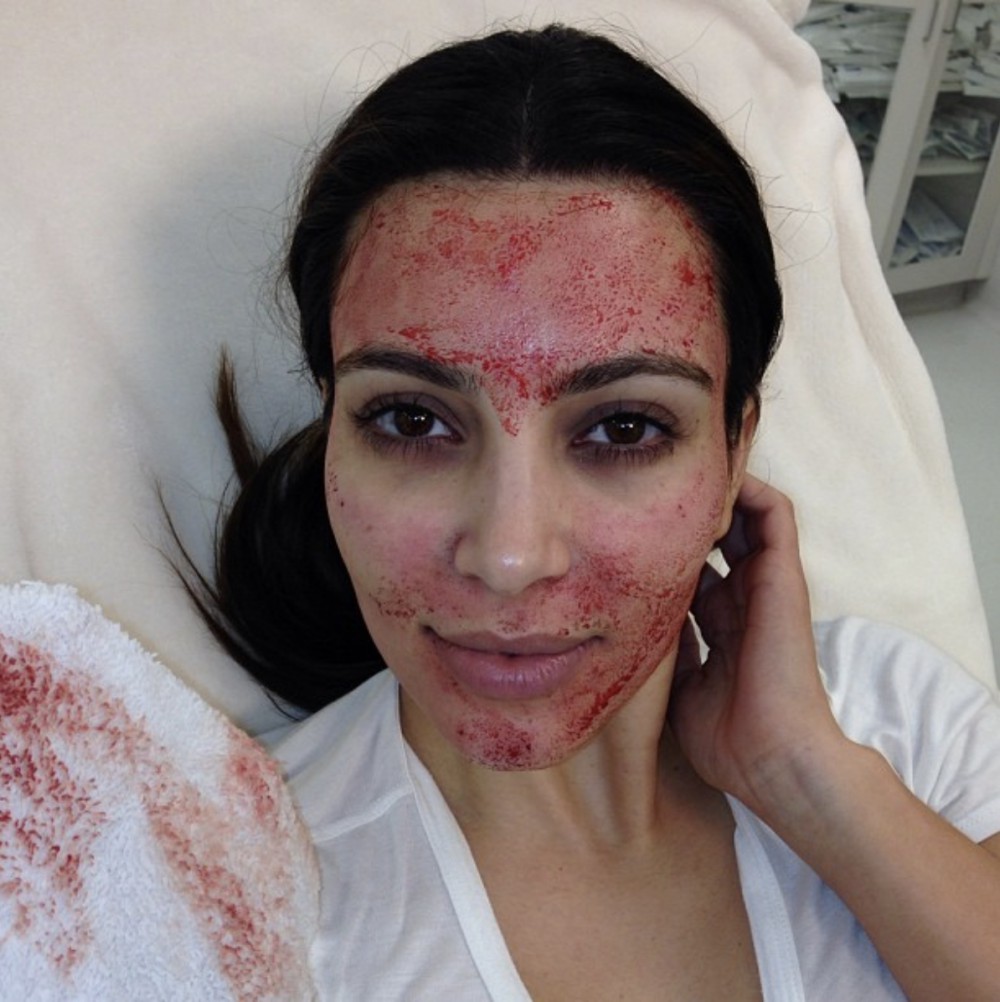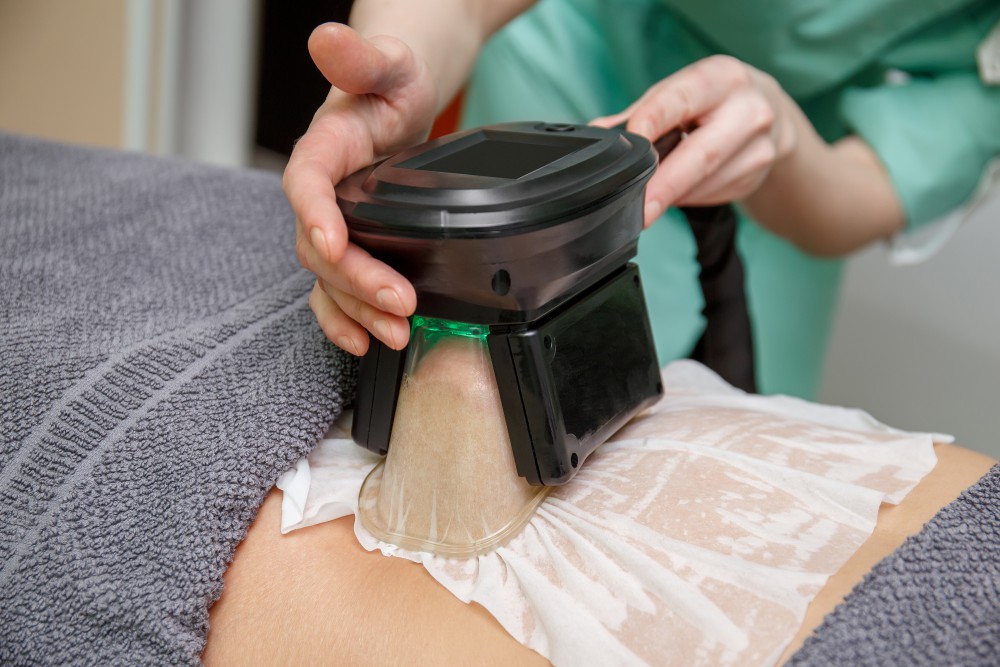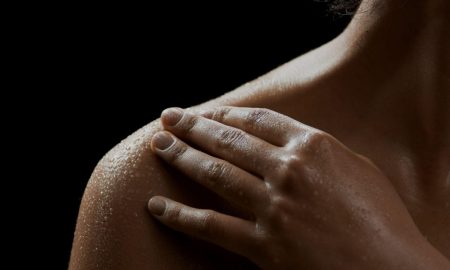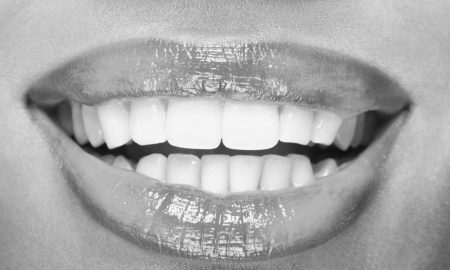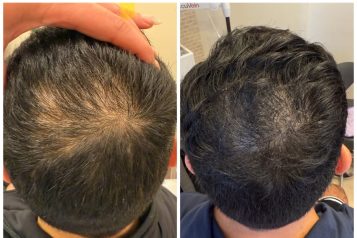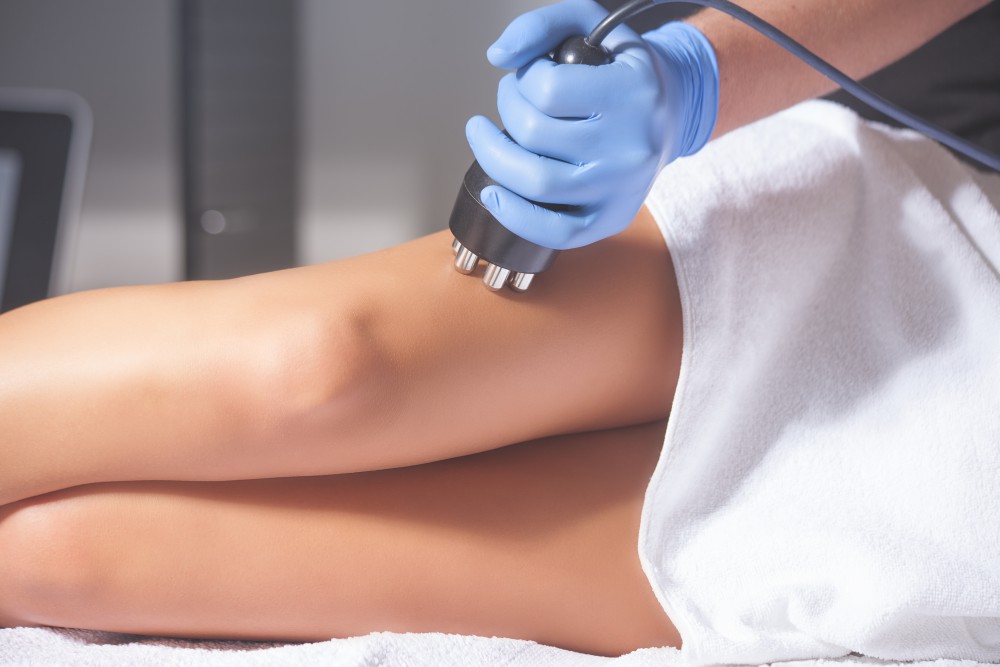
While cellulite may be a difficult issue many women suffer from, it is however a seemingly simple problem to treat. Dr. Kevin Hanz sat down with Haute Beauty to discuss which popular treatment many are using to combat cellulite, how to determine if you qualify, and how long results last.
What is Cellfina?
Cellfina is a platform that targets dimpling associated with cellulite. It is important to understand exactly what is happening when someone exhibits cellulite on the buttocks or an extremity. In short, cellulite is an aberrant connection between the skin and the underlying fascia. Stated differently, there is a band that pulls at the skin, causing dimpling.
How does it work?
Cellfina is a closed system that attaches over the area of concern. The device creates suction, pulling on the skin and then infiltrates a numbing solution around the abnormal band. With the skin under tension, the device is then able to cut the band, freeing the skin and alleviating the dimple.
Which patients qualify?
Any patient who desires an improvement in cellulite would be a candidate for the procedure. It is done under local anesthesia with minimal to no discomfort. As such, there is very little risk associated with the procedure. It is important to make certain that one is truly dealing with cellulite. Many people see a "cottage cheese" appearance associated with the skin and assume that they are dealing with cellulite. This often may simply represent loose skin. If the dimpling disappears as the skin is placed under tension (stretched), then the issue is skin laxity (loose skin) and NOT cellulite. True cellulite will remain even when the skin is placed under tension. Patients with loose skin may benefit from other treatments such as BodyTite.
How long do results last?
Results are permanent. Patients may develop cellulite in other areas in the future, but once the band is cut, the results stand the test of time.
What is the downtime for the procedure?
Cellfina is associated with very little downtime. Patients may experience some minor bruising and swelling for 2-3 days, but can resume normal activity in as little as one week.






